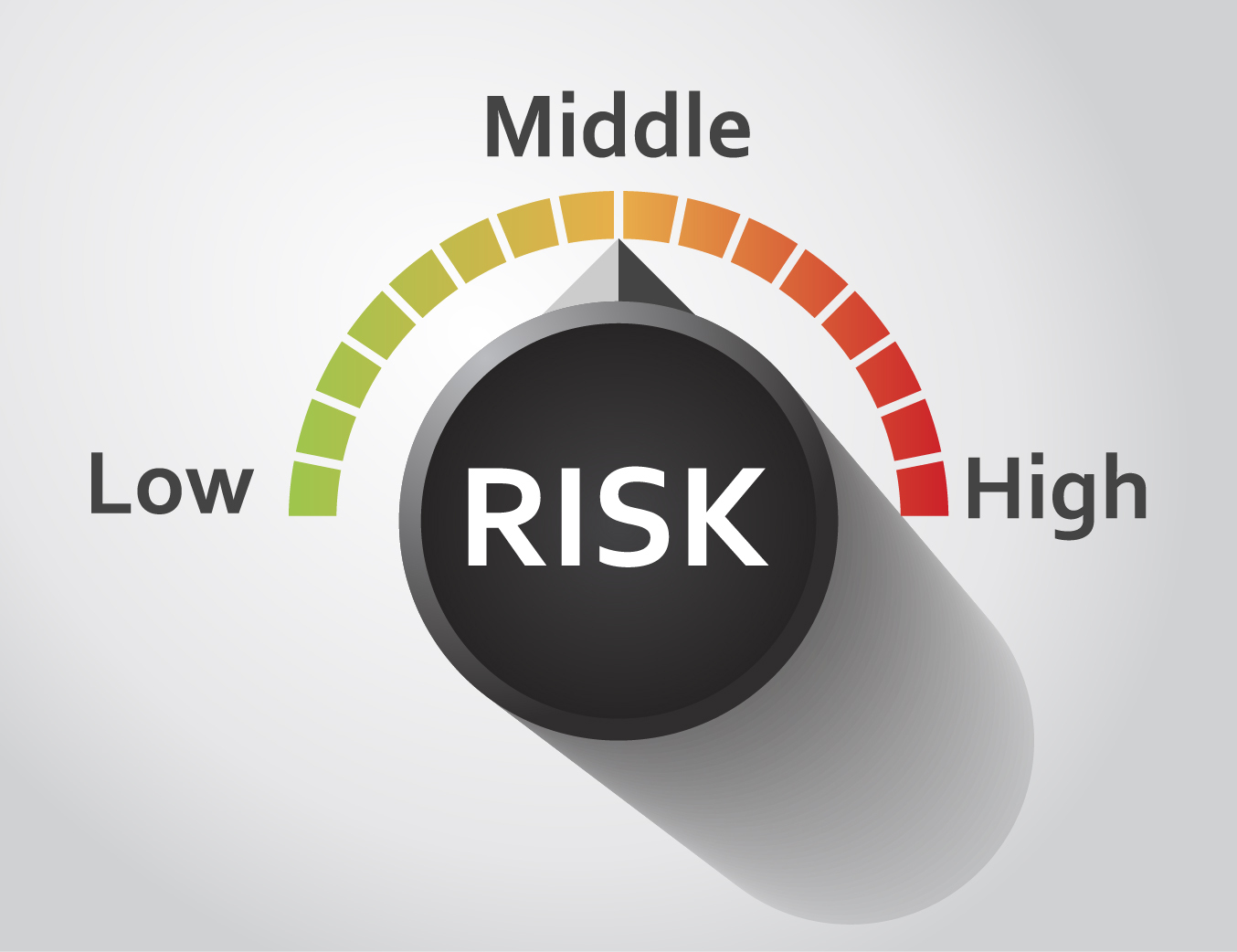Chronic Hypoparathyroidism Linked to Higher Risk of Serious Illnesses, Study Finds

People with chronic hypoparathyroidism are at higher risk of developing other illnesses — including heart disease, stroke, infections, and epilepsy — than the general population, especially those whose disease did not result from neck surgery, a study finds.
The study, “Increased Mortality and Morbidity in Patients with Chronic Hypoparathyroidism: A population based study,” was published in Clinical Endocrinology.
Hypoparathyroidism is a rare disorder caused by low levels of the parathyroid hormone (PTH) in the body. Normally, PTH is produced when the levels of calcium in the blood are low to trigger its increase. Therefore, one of the consequences of low PTH levels is the marked decrease of calcium in the blood.
In most cases, hypoparathyroidism occurs in patients who undergo neck surgery (post-surgical hypoparathyroidism) that causes permanent damage to the parathyroid glands, the structure responsible for producing PTH.
But people may also develop the condition due to genetic mutations (e.g. DiGeorge syndrome) or other autoimmune diseases, rather than surgery (non-surgical hypoparathyroidism).
Most medical conditions associated with hypoparathyroidism are related to low calcium levels or caused by side effects of medications, such as calcium and vitamin D supplements. These complications can include the formation of kidney stones, depression, seizures, and infections.
Researchers from the University of Dundee, Scotland, compared the risk of complications, including death, not described in previous studies between patients with chronic hypoparathyroidism and healthy individuals.
The population-based study enrolled a total of 280 chronic hypoparathyroidism patients — 116 post-surgical, 106 non-surgical, and 58 who had hypomagnesaemia (low levels of magnesium) — and 1,301 healthy controls who were followed for a median of nine years.
Data from biochemistry, hospital admissions, prescribing and demographic information were collected from each, and outcomes assessed.
Overall, people with chronic hypoparathyroidism were at higher risk that healthy people of death, cardiovascular disease (heart disease), cerebrovascular disease (stroke), infections, cataracts, epilepsy, and mental illness.
Within groups of hypoparathyroidism patients, those with post-surgical disease had a significantly higher risk of epilepsy and cataracts compared to controls. But those with a non-surgical origin to their disease had a greater risk of cardiovascular disease, cerebrovascular disease, epilepsy, infections, mental illness and mortality than did controls.
Researchers also found the risk of kidney failure increased substantially during the first 5.4 years of follow up in both groups. Further analysis showed that kidney failure and death were strongly associated with low calcium levels in patients’ blood serum, but death linked to kidney failure was unusual in post-surgical hypoparathyroidism.
“The results from our study and others indicate that the outcomes for hypoparathyroidism are not ideal,” the researchers wrote. “Some complications may be related to chronic hypocalcaemia [low levels of calcium], whilst others may relate to relative overtreatment and chronic hypercalcaemia [high levels of calcium].
“All patients with persistent hypocalcaemia should get referred to a specialist clinic where they should be fully evaluated and may get better long-term care, and hopefully improved outcomes,” they concluded.






